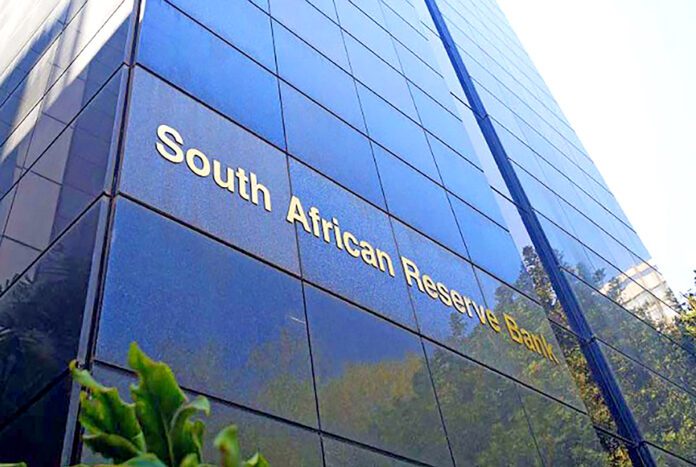Capitalism does not quite have a compassionate heart and ear – it lacks the empathy to see and feel the pain endured by the working class, and the poor, most of whom are black communities.
It behaves as if all people in the world were equal. It is unable to see how the millions of poor and struggling people are broken down by the vagaries of economic hardships.
Governor of the South African Reserve Lesetja Kganyago remarked that “the economy is suffering from inflation” – and referred to what remedy might be used as an antidote to keep the inflationary situation under control.
The words the governor uses should be of great concern to a nation reeling under a failing economy.
He says “the medication might be bitter”. These are ominous words.
William Shakespeare underscores them for us in his tragedy, Hamlet: “I must be cruel, only to be kind.”
Should Kganyago be cruel to fix the economy? Does it entitle him to raise interest rates? How will this affect the poor people? How does this serve the
interests of the consumers, most of whom are black and drowning in debt.
Words are cheap.
To dispense, as the governor states, bitter medicine is equivalent of being cruel to be kind. We can be cruel to be kind, but we must never forget the context.
The difficulties the economy experiences today should in large measure be attributed to poor governance models and the inability by senior public officials to diligently understand their roles.
Almost all the state-owned entities are on their knees.
Eskom’s collapse has worsened the challenges this country faces, which include the slowing down of the economy, with many companies closing and thousands of people losing their jobs, while more poverty is created.
The infrastructure, including the rail stock, is collapsing.
Transnet is on its last legs.
All of this, and the failing municipalities, add to the weakening economy that shed, rather than create, more jobs.
We argue that the steps by the Reserve Bank to punish communities by dispensing “bitter medicine” – which is to increase interest rates – is in fact counterproductive.
It fails to consider the effects hiking the repo rate will have on the buying power and ability to settle debts without running the risks of having consumer goods and property repossessed by the banks.
Secondly, the “medication” by the Reserve Bank has the effect of decreasing people’s buying power, with the predictable outcome of further job losses.
The implication of the governor’s words should be troubling to ordinary South Africans.
The instrument the governor and members of the Monetary Policy Committee applies to cool the runaway inflation is to raise the repo rate, and this is troubling.
We do not agree with it, and we think it should be reconsidered for the sake of the people who are already struggling to make ends meet.
Follow @SundayWorldZA on Twitter and @sundayworldza on Instagram, or like our Facebook Page, Sunday World, by clicking here for the latest breaking news in South Africa.



